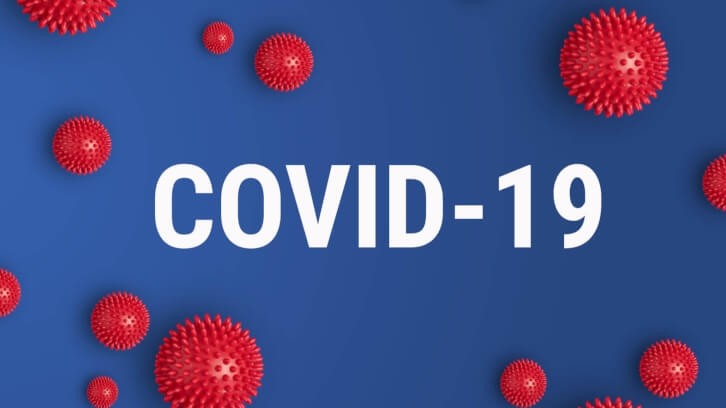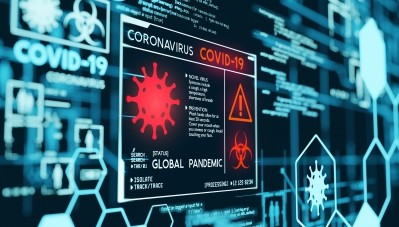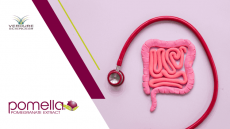Probiotic may boost Covid-19 antibody response in healthy adults: RCT

Previous studies have shown that probiotics may protect against respiratory tract infections and increase the efficiency of certain vaccinations. The new study, published in Gut Microbes, indicated that the probiotic increased SARS-CoV-2 antibody titres in healthy volunteers when 28 days or more had elapsed from vaccination, thereby suggesting that probiotic supplementation may enhance the long-term protection against breakthrough infections.
“To our knowledge, this is the first study to investigate the effect of probiotic supplementation on different SARS-CoV-2 antibody classes, including virus neutralising antibodies in an antibody-naïve cohort,” said Robert Brummer, professor of gastroenterology and clinical nutrition and director of the Nutrition-Gut-Brain Interactions Research Centre at Örebro University in Sweden, where the study was performed.
Study details
The study included 159 healthy adults without prior SARS-CoV-2 infection or COVID-19 vaccination. The participants consumed either BioGaia Protectis (Limosilactobacillus reuteri DSM 17938, 100 million CFU twice per day) + vitamin D3 (10 micrograms twice per day), or a placebo product that contained only vitamin D3 for 6 months.
During the intervention period, 12 subjects were infected, and 17 were fully vaccinated and sampled 28 days or more postvaccination, said the researchers.
Upon infection with SARS-CoV-2, the researchers found that the probiotic group had statistically non-significant increase in serum anti-S and anti-RBD IgG titers.
In addition, in the subgroup of fully vaccinated individuals with more than 28 days postvaccination, the probiotic-receiving participants had statistically significantly higher anti-RBD IgA levels, compared to people in the placebo group.
“To our knowledge, this is the first study to analyze the effects of probiotic supplementation on different anti-SARS-CoV-2 antibody classes, including virus-neutralizing antibodies, throughout the whole seroconversion event,” wrote the researchers.
“Overall, these findings would suggest that L. reuteri DSM 17938 supplementation might increase the long-term efficacy of COVID-19 vaccines against breakthrough infections via enhanced IgA response after vaccination,” they added.
“This potentially could have considerable benefits for at-risk individuals and for the prevention of community outbreaks. However, as our study was not designed to investigate this question, this hypothesis should be tested in a larger cohort with fixed sampling times and a controlled postvaccination observational period.”
Source: Gut Microbes
Volume 15, 2023 - Issue 1, doi: 10.1080/19490976.2023.2229938
“Limosilactobacillus reuteri DSM 17938 supplementation and SARS-CoV-2 specific antibody response in healthy adults: a randomized, triple-blinded, placebo-controlled trial”
Authors: R.A. Forsgård, et al.













